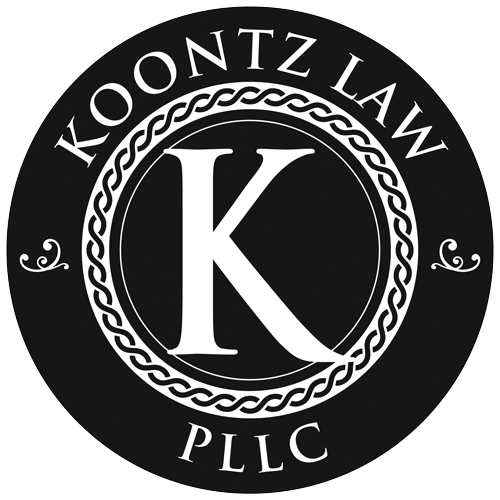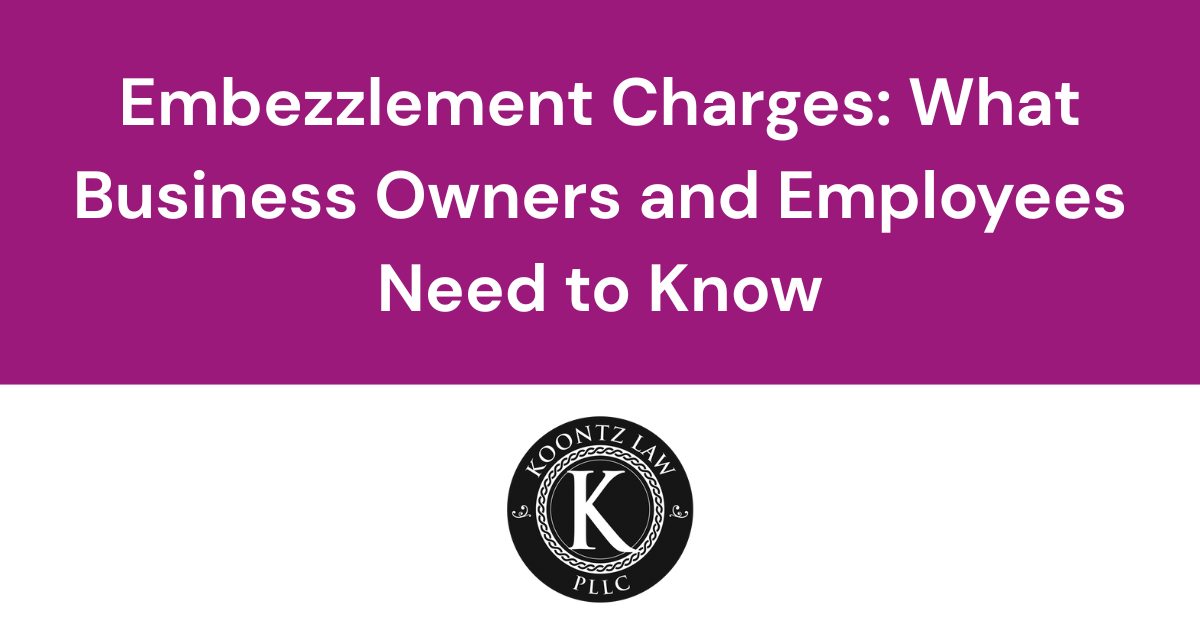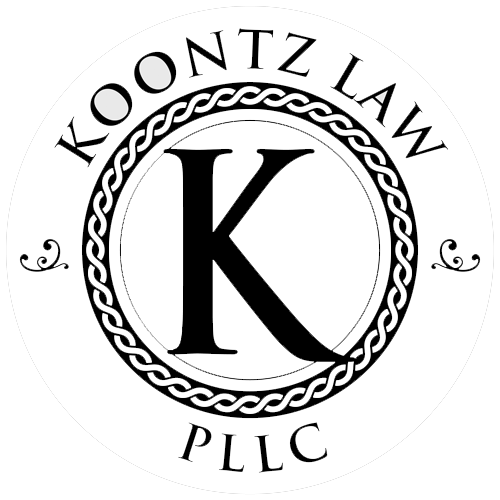Are Divorce Records Public?
When going through a divorce, privacy concerns are often at the forefront of people's minds. A common question that arises is whether divorce records are public. Understanding the accessibility of these records can help you navigate your divorce with greater awareness and preparedness.
Public Accessibility of Divorce Records
In most states, including North Carolina, divorce records are considered public information. This means that anyone can access the basic details of a divorce, such as the names of the parties involved, the date of the divorce, and the final judgment. These records are typically filed with the Clerk of Court in the county where the divorce was granted.
What Information is Public?
Publicly accessible information generally includes:
- Names of the parties involved
- Date of the marriage and divorce
- Grounds for the divorce
- Basic details of the court's final judgment
Sealing Divorce Records
While basic divorce records are public, there are circumstances under which certain details can be sealed. Sealing a record restricts access to the sensitive information contained within it. This usually requires a court order and is typically granted in cases involving:
- Protecting the privacy of children
- Safeguarding sensitive financial information
- Ensuring the safety of domestic violence survivors
If privacy is a significant concern, you can request that the court seal specific records. However, this is not guaranteed and must be approved by a judge.
Contact Us For Further Information
Divorce records are generally public, meaning basic information about the divorce can be accessed by anyone. However, if there are concerns about privacy, particularly regarding sensitive information, it is possible to request that the court seal those details. Understanding the public nature of divorce records can help you take the necessary steps to protect your privacy. At Koontz Law, PLLC, we can guide you through this process and address any concerns you may have. Contact us today to learn more about how we can assist you during your divorce.











